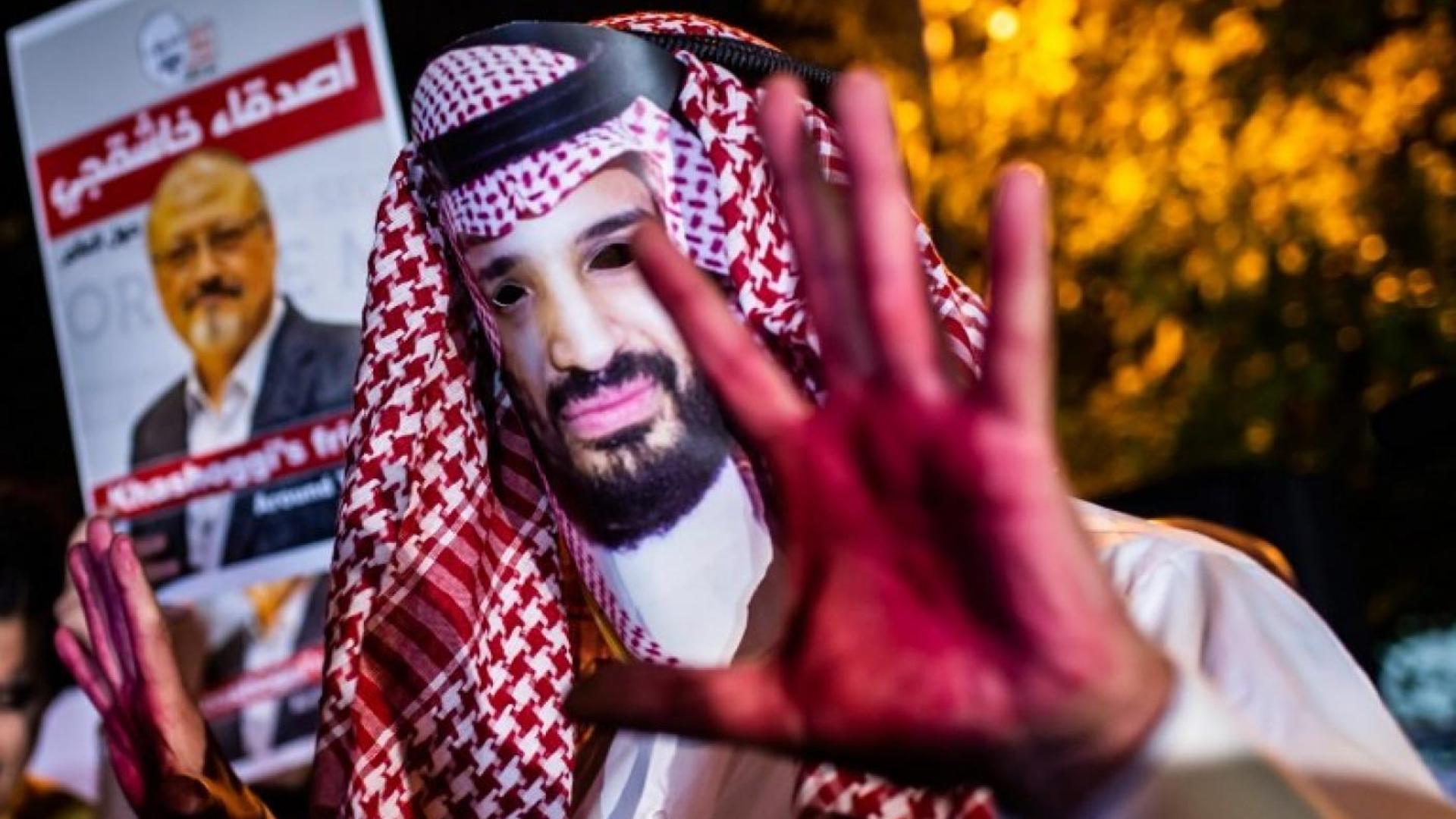The UN Human Rights Council in its report on the Jamal Khashoggi murder and it squarely and definitively points the finger at the Kingdom of Saudi Arabia.
“Mr Khashoggi’s killing constituted an extrajudicial killing for which the State of the Kingdom of Saudi Arabia is responsible,” say the opening lines of the damning report, which is likely to compound Crown Prince Mohammed bin Salman’s (MBS) isolation on the world stage.
UN Special Rapporteur Agnes Callamard went on to say: “[There] is credible evidence warranting further investigation of high-level Saudi Officials’ individual liability, including the Crown Prince’s.”
It is this last sentence that will most worry the young prince, who is next in line to become the King of Saudi Arabia with his ailing father King Salman’s health reportedly on the decline.
The UN report has confirmed what the Turkish government and much of the international community has long been saying; however, the long term impact on MBS’s reputation is mounting.
Dr Andreas Krieg, an Assistant Professor at King’s College London and Middle East security expert, told TRT World: “Most analysts and policymakers are making a distinction though between MBS and the Saudi kingdom, which for now can be easily done as he is ‘only’ the Crown Prince.”
“Once he becomes king, it will be increasingly difficult for Saudi Arabia to manoeuvre diplomatically as foreign dignitaries do not want to be seen shaking hands with someone like MBS,” added Krieg.
The media-conscious crown prince has attempted to cultivate an image of a young and progressive leader, a break from Saudi Arabia’s more traditional and conservative society. He has been deliberate in giving media outlets in the West exclusive behind the scenes access or taking full page ads in business newspapers all in a bid to burnish his credentials.
I don’t know about you but these ads have totally convinced me that maybe the Saudi Prince isn’t such a bad egg after all. pic.twitter.com/TRaXF7W9bD
— Connal Hughes (@connal99) March 7, 2018
The murder, dismemberment and disposal of Khashoggi’s body in the Saudi Consulate in Istanbul have raised serious questions around the prince’s so-called progressive leadership.
Early indications of the crown prince’s ruthlessness came in November 2017, when more than thirty senior Saudi figures and businessmen were arrested in the middle of the night and brought to the Ritz Carlton in what was termed as ”anti-corruption” drive.
The shakedown netted MBS an estimated more than $100 billion. The move was at the time seen as a new approach in dealing with Saudi Arabia’s entrenched problems but increasingly it turned out to be more of a show of strength and capture of wealth and power.
The Khashoggi murder now threatens to hang around the neck of the prince for the rest of his life and if he becomes the king, his reign and that of the Saudi state.
“His damaged reputation will thereby increasingly affect the reputation of the kingdom in the world,” explained Krieg.
Dr Talha Kose, Associate Professor of Political Science at Ibn Khaldun University, said to TRT World that while the UN report is not binding, “it creates a framework for discussion, making it more difficult for international actors to engage with MBS…it is a morally important report”.
Dealing with the actions of MBS is particularly tricky for Western policymakers who need Saudi Arabia to continue buying weapons and view it as an indispensable strategic regional actor.
“While relationships with a King MBS will not be warm, they will continue to maintain interests-driven foreign policies,” said Krieg.
As the crown prince seeks to renew Saudi Arabia through his Vision2030, there are signs after the murder of Khashoggi that the international business community, whose expertise the kingdom so desperately needs, is wary about how the prince will build this new Saudi Arabia given his ruthless streak.
“Saudi Arabia needs to appeal to global public opinion to attract investors, tourists and other private sector members. The Khashoggi case adds MBS to the ranks of Saddam, Gaddafi and Kim Jong Un,” added Krieg.
Ultimately an ailing King Salman thinking about his legacy may at some point need to balance his son’s accession to the throne and the need for the Saudi state to operate constructively in what is an increasingly volatile region.
“MBS’s aggressive policies make Saudi Arabia a less effective regional partner,” said Kose. And with the net slowly closing in on MBS it’s not hard to guess whether a vengeful and wounded crown prince may become a less or more effective partner in the region.










Discussion about this post